Introduction to the Turkey Textile Sector
Turkey has a rich history of textile production dating back to the Ottoman Empire. Today, the
the country is one of the world’s leading textile manufacturers and exporters, with a diverse range of products including cotton, wool, silk, and synthetic fibres.
The sector plays a crucial role in the Turkish economy, employing over 1.5 million people and
accounting for around 10% of the country’s total exports. With a highly skilled workforce and
modern manufacturing facilities, Turkey is well-positioned to continue its success in the global
textile market.

Textile Production in Turkey
Turkey’s textile industry is vertically integrated, with many companies involved in all stages of
production from spinning and weaving to dyeing and finishing. This allows for greater control over quality and efficiency, as well as the ability to quickly adapt to changing market demands.
In addition to traditional textiles, Turkey is also a major producer of technical textiles used in
industries such as automotive, construction, and healthcare. These high-performance fabrics
require specialized knowledge and equipment, making Turkey a key player in this growing market.
Sustainability in the Turkey Textile Sector
As consumers become more environmentally conscious, sustainability has become an
increasingly important issue in the textile industry. Turkey has taken steps to address this
concern, with many companies implementing eco-friendly practices such as using organic cotton, reducing water usage, and recycling waste materials.
In addition, Turkey is a member of the Better Cotton Initiative, a global organization promoting
sustainable cotton production. By prioritizing sustainability, Turkey’s textile sector is not only
helping to protect the environment but also staying ahead of the curve in meeting consumer
demand.
Challenges Facing the Turkey Textile Sector
Despite its success, the Turkish textile industry faces several challenges. One major issue is
competition from countries with lower labour costs such as China and Bangladesh. This has led
some companies to relocate their production facilities overseas, reducing employment
opportunities in Turkey.
Another challenge is the ongoing COVID-19 pandemic, which has disrupted global supply chains and reduced textile demand. However, Turkey’s strong infrastructure and skilled workforce have allowed the sector to weather this storm better than many other industries.
Innovation and Technology in the Turkey Textile Sector
To stay competitive in the global market, the Turkish textile industry has embraced innovation and technology. Many companies are investing in advanced machinery and software to improve efficiency and quality, as well as exploring new materials and production methods.
One example of this is the use of 3D printing technology in textile production, which allows for
greater customization and reduces waste. By continuing to innovate, the Turkey textile sector is positioning itself as a leader in the industry for years to come.
Future Outlook for the Turkey Textile Sector
Despite the challenges facing the industry, the future looks bright for the Turkey textile sector.
With its skilled workforce, modern facilities, and commitment to sustainability and innovation, the country is well-positioned to continue its success in the global market.
Additionally, changing consumer preferences towards sustainable and high-quality products are expected to drive demand for Turkish textiles in the coming years. By staying ahead of the curve and adapting to new market trends, the Turkey’s textile sector can look forward to a prosperous future.

